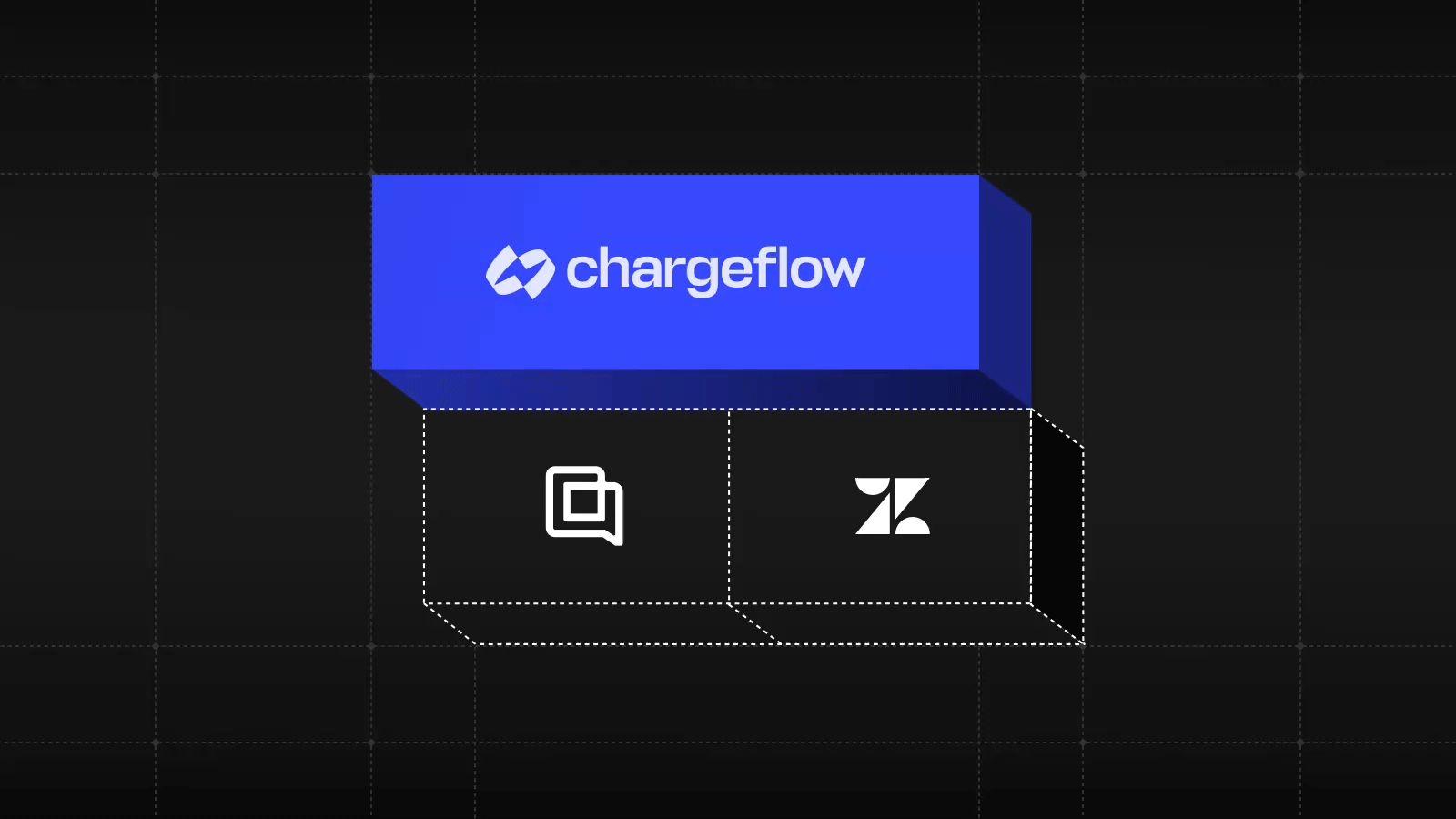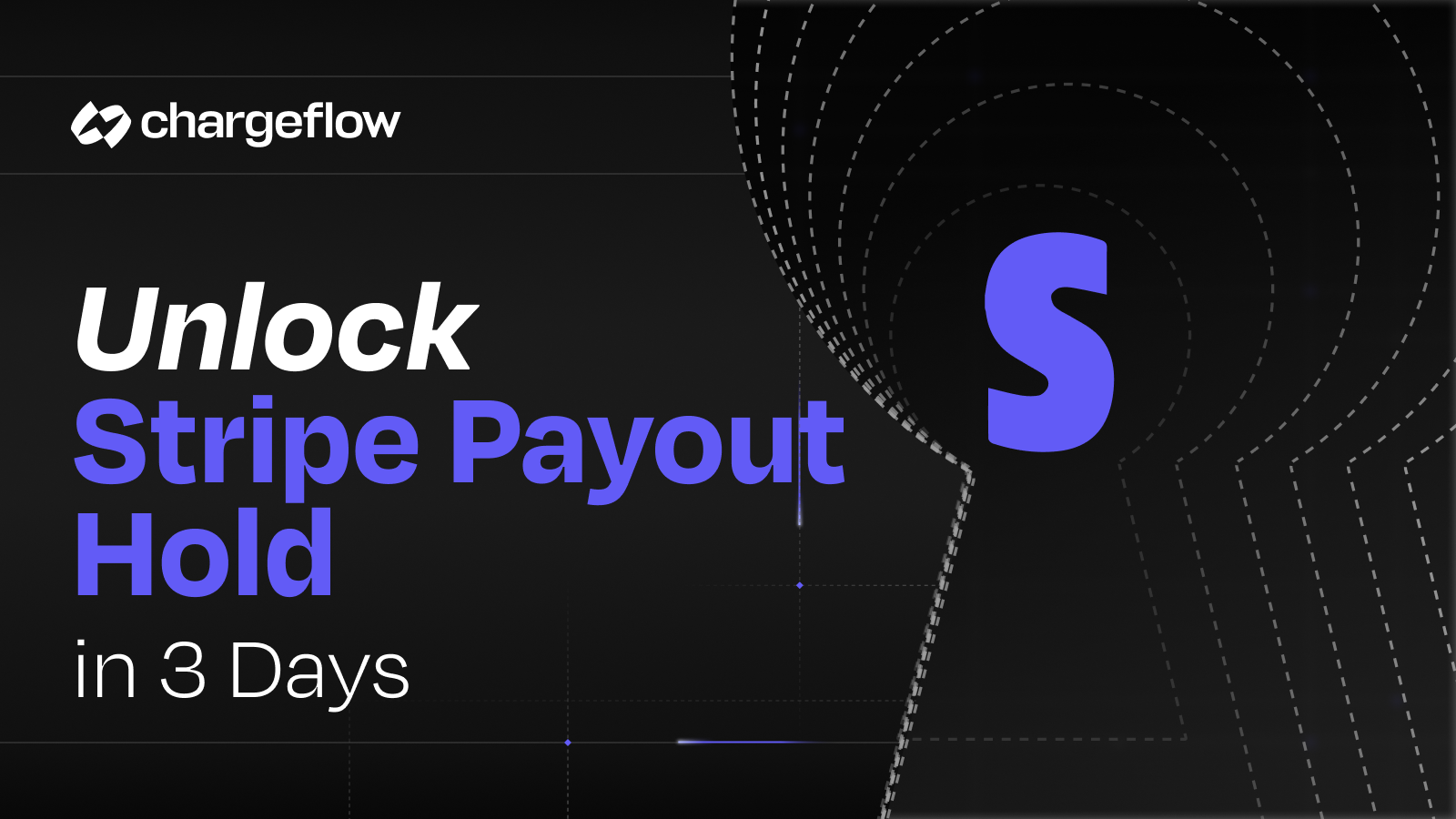Shop Pay Chargebacks: Understanding, Preventing, and Resolving Them

Chargebacks?
No longer your problem.
Recover 4x more chargebacks and prevent up to 90% of incoming ones, powered by AI and a global network of 15,000 merchants.
Don't let Shop Pay chargebacks harm your business. Read our guide to understand, prevent, and resolve them quickly and effectively. Protect your profit!
Chargebacks are a frustrating – but frequently unavoidable – part of running an e-commerce store. Not only can they cost you money, but they also take up a valuable amount of time as you try to resolve them.
With Shop Pay chargebacks, this process is especially complex due to the strict nature of their regulations and the potential for a larger financial impact when compared with other processors. The key to ensuring success through these complicated waters is knowledge: understanding what causes them in the first place, how best to prevent future occurrences, and finally knowing exactly how to approach and resolve these chargeback scenarios when necessary.
This blog post will cover all those topics so that you can confidently navigate any potential issues with Shop Pay chargebacks.
Understanding Shop Pay Chargebacks
Understanding chargebacks and their impact on Shop Pay merchants is an essential part of being a successful business. Chargebacks occur when a customer or payment processor disputes a transaction after the sale has already been completed, resulting in merchants having to dispute or absorb the cost of fees associated with the purchase.
There are several specific reasons for chargebacks happening in Shop Pay including fraud, billing errors, product issues, or customer service issues. Merchants need to understand that there are also different categories of reach types of chargeback and certain features related to them.
From simple “friendly fraud” to fraudulent credit card numbers, each Shop Pay chargeback situation should be thoroughly researched to determine the most suitable solution. All merchants must stay informed regarding current restrictions and regulations concerning chargebacks to succeed with their Shop Pay businesses.
Preventing Shop Pay Chargebacks
To prevent chargebacks, there are several steps merchants can take when using Shop Pay:
- Provide Clear Product Descriptions: Ensure that your product descriptions are clear and accurate. Make sure that you include all relevant information such as dimensions, materials, and any applicable warranties or guarantees.
- Ship Orders Promptly: Ensure that you ship your orders promptly and provide tracking information to your customers. This way, they can monitor the shipment and have confidence that the product is on the way.
- Respond to Customer Inquiries: Make sure to respond promptly to any customer inquiries, including emails or phone calls. This will help build customer trust and satisfaction and may prevent them from initiating a chargeback.
- Use Fraud Detection Tools: Use fraud detection tools that are available through your payment processor or merchant account. These tools can help detect and prevent fraudulent transactions before they occur.
- Follow Best Practices: Follow best practices for online transactions, such as requiring CVV codes, using 3D Secure authentication, and verifying billing and shipping addresses.
By following these steps, merchants can reduce the likelihood of chargebacks and ensure that their customers have a positive shopping experience.
Resolving Shop Pay Chargebacks
When a chargeback occurs on a Shop Pay transaction, it is essential to take action quickly to resolve the issue. Here are some steps merchants can take to resolve Shop Pay chargebacks:
- Review the Chargeback Reason: Merchants should review the chargeback reason provided by the customer's issuing bank. This information can help merchants understand why the chargeback was initiated and determine the appropriate response.
- Provide Evidence: Merchants should gather and provide evidence that supports their case, such as proof of delivery or customer communication. Shop Pay provides a portal where merchants can submit evidence to dispute chargebacks.
- Respond Promptly: Merchants should respond to the chargeback promptly and within the time frame specified by Shop Pay. Late responses can result in a forfeit of the right to dispute the chargeback.
- Contact the Customer: Merchants should reach out to the customer and try to resolve the issue directly. This can help avoid a chargeback dispute and may lead to a more positive outcome for both parties.
- Seek Professional Help: If merchants are unsure how to respond to a chargeback or need assistance, they can seek professional help from a payment processing expert or dispute resolution specialist.
- Improve Processes: Merchants should evaluate their processes and make necessary improvements to prevent future chargebacks. This may include improving product descriptions, enhancing customer service, or implementing additional fraud detection tools.
Final Thoughts on Shop Pay Chargebacks
Being aware of and prepared to address Shop Pay chargebacks is a key factor in any online shop's success. Shop owners should understand the root causes of chargebacks, be vigilant about preventing them, and effectively how resolve them with the right solutions and tools.
Auto-prevention solutions can significantly decrease manual efforts by shopkeepers in identifying, tracking, and resolving potential chargebacks before they occur. Utilizing these capabilities can help streamline your team’s dispute resolution process for improved efficiency and cost savings.
Prevention is always better than reaction, making preemptive action the most responsible effort in reducing risk from Shop Pay chargebacks. With the Chargeflow autopilot solutions, you can ensure fewer manual steps needed to banish disputes from your business operations forever. So don’t delay; take proactive measures today to prevent chargeback and fight disputes in your shop!

Chargebacks?
No longer your problem.
Recover 4x more chargebacks and prevent up to 90% of incoming ones, powered by AI and a global network of 15,000 merchants.






























.png)








